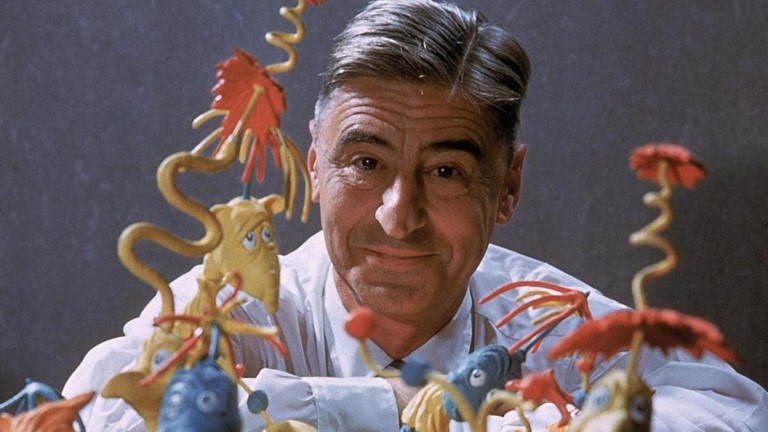It was quite a desperate and pathetic scene. After the reversal of Roe v. Wade, Company, being the reckless person he is, got wasted, became very belligerent, and got arrested (not really. Even though a corporation is a person under the law, it can’t get arrested . . . by the law). Stay with me.
Company went on a drunken tirade about the Supreme Court Justices, but not for the reason you may think. Company was concerned about the impact the decision will have on the healthcare decisions of its employees, but it was much more concerned by how the Justices reached their decision.
Matters like abortion, marriage and corporate personhood are not specifically mentioned in the Constitution. They are not explicit rights like those found in the in the Bill of Rights (e.g., freedom of speech). They are implied or unenumerated, so the Justices think about what has been “deeply rooted in this Nation’s history and tradition.” Then they decide whether or not this “new thing,” that did not exist when the Constitution was drafted, should be included as a right.
Company was freaking out because the amendment that created a woman’s right to privacy and choice, the 14th Amendment, is the same amendment that gave Company its personhood status.
There is a more troubling detail for Company. In Roe v. Wade, the Justices heard arguments from both sides. They grappled with the issues and considered the impact their decision would have on society. Taking away a constitutional right from a person cannot be an easy task, particularly when it may result in extreme physical and/or emotional harm to that person.
The case that gave Company its personhood, Santa Clara County v. Southern Pacific R. Co., was handled very differently. The Justices didn’t grapple with the issues. They didn’t even hear arguments “on the question whether the provision in the Fourteenth Amendment to the Constitution which forbids a state to deny to any person within its jurisdiction the equal protection of the laws applies to these corporations. We are all of opinion that it does.”
“If the Court is willing to take away rights from a woman after deliberating and appreciating the consequences, it most certainly can do the same with me,” Company said.
It was a little comforting to Company that the majority opinion in Dobbs suggested that the opinion does not “cast doubt on precedents that do not concern abortion.” “Phew, this is just about a woman’s right to choose,” said Company.
But, a few pages later, Justice Clarence Thomas contradicted that sentiment. He wrote “the idea that the Framers of the Fourteenth Amendment understood the Due Process Clause to protect a right to abortion is farcical.”
The 14th Amendment was ratified to grant citizenship to formerly enslaved people, and guarantee all citizens “equal protection of the laws.”
“If Justice Thomas thinks it is crazy to imagine the framers intended the Due Process Clause to grant women a right to an abortion, does he really think the framers were thinking it would make a company into a person? “I mean, women are at least ‘real persons,’ right?” asked Company.
What is company supposed to believe?






